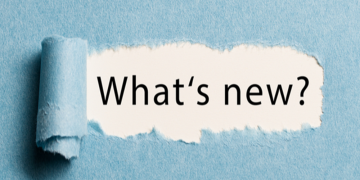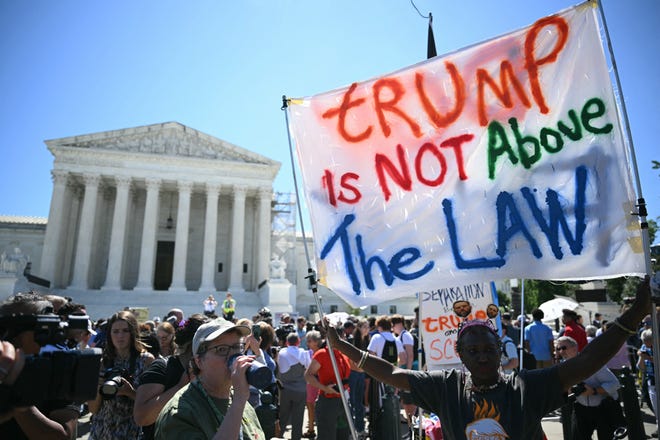The Supreme Court’s much-anticipated presidential immunity ruling didn’t just chop out sections of the federal election interference indictment against former President Donald Trump. Legal experts say it also breathed life into what many previously viewed as outlandish legal theories of immunity for assassinating a rival and other autocratic behavior.
“It’s a potentially very, very dangerous opinion with respect to things that Donald Trump never did. He could have sent the military in on January 6 to support the insurrection,” Richard Painter, a former White House ethics lawyer for President George W. Bush, told USA TODAY. “In many countries, that’s how a democracy turns into a dictatorship,” Painter said.
The court’s conservative majority held on July 1 that presidents are completely immune from prosecution for things they did through core constitutional powers of the presidency. They specified those core powers include presidential pardons and communications with the Attorney General, but didn’t list everything that’s included.
The court’s Republican appointees also said presidents are at least presumed to be immune – and potentially are always immune – for all official acts of their presidency. Presidents can still be prosecuted for their unofficial criminal behavior.

The opinion is open to interpretation, including on what constitutes a core power and an official act. That’s dangerous ammunition for politically-appointed lawyers who are sometimes inclined to write…


























































